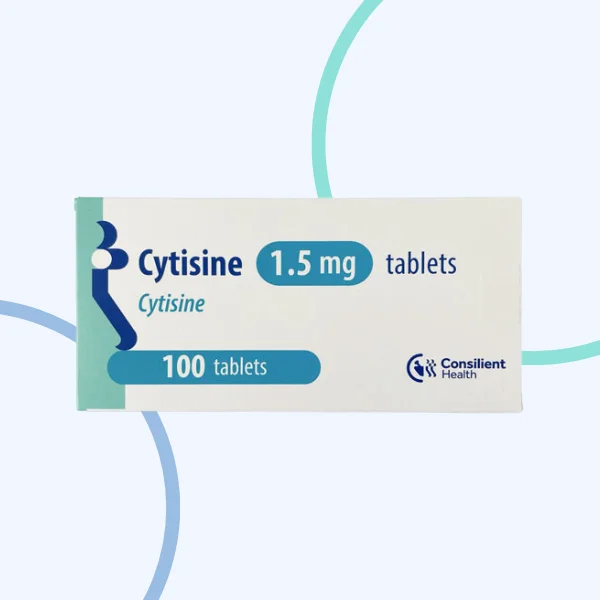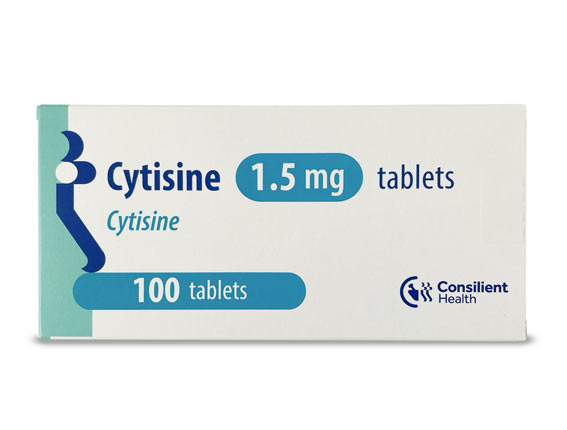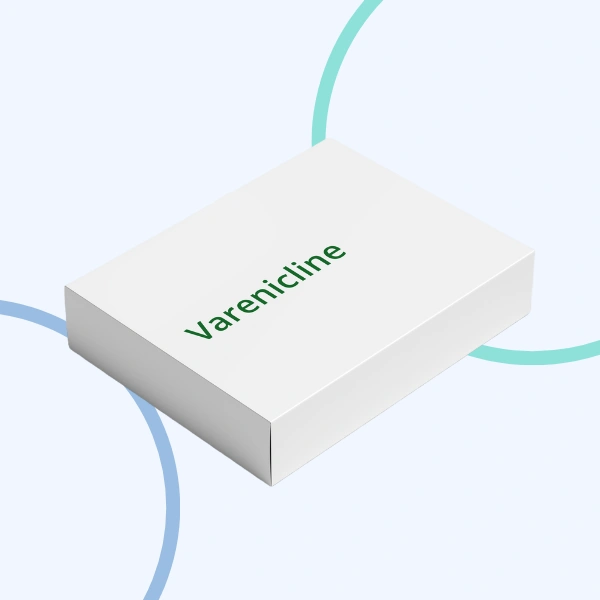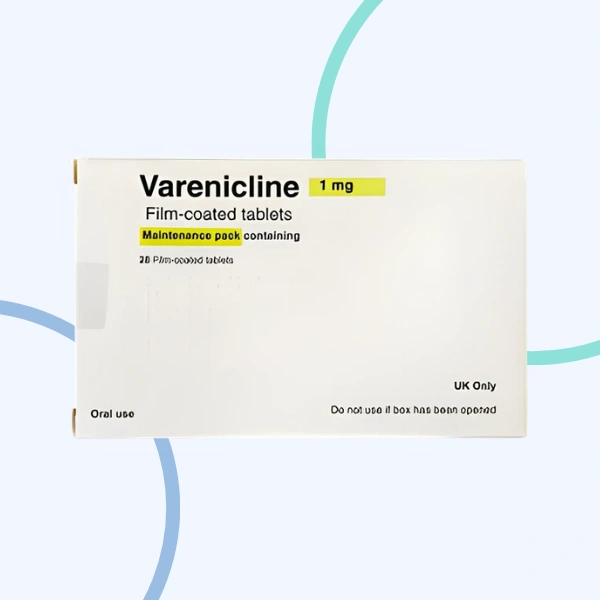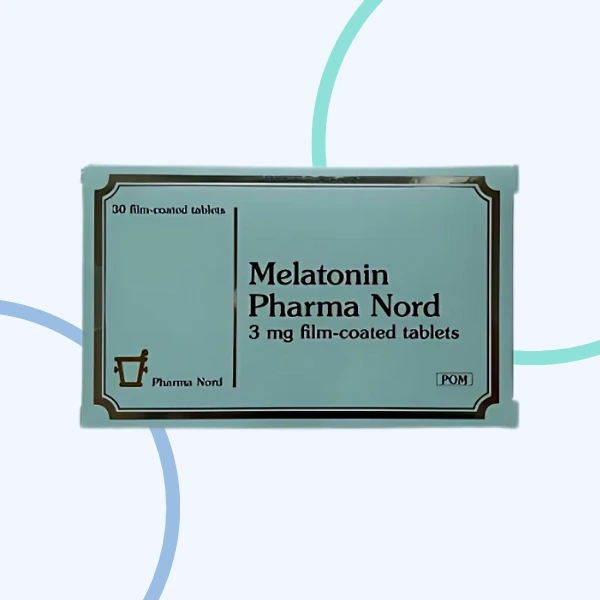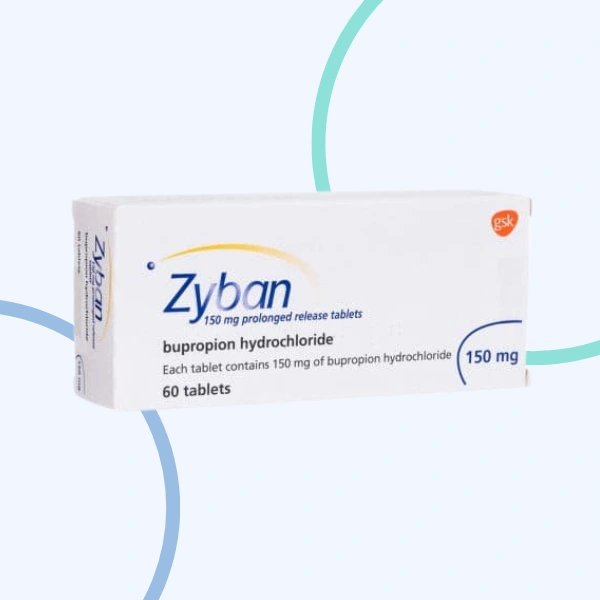- Home
-
-
-
-
-
-
-
-
- Skincare
- Sleep
- Buy Sleeping Tablets
- Migraine
- Diarrhoea & Constipation
- Threadworms
- Trapped Wind
- Haemorrhoids/Piles & Anal Fisure
- Dandruff
- Fungal Infections
- Scars, Cellulite & Stretch Marks
- Warts & Verrucas
- Cough & Cold
- Excessive Sweating
- Lice & Scabies
- Snoring
- Children & Babies
- Nausea
- Managing Medication - Pill Boxes And Tablet
- Acid Reflux & Heartburn
-
- Feminine Underwear
- Angina And Heart Health
- Children's Healthcare
- Cystitis & Urinary Infections
- Coughs, Cold And Flu
- Hair Care - Head Lice & Nits
- Skin Care.
- Hangover Relief
- Hayfever & Allergy Relief
- Health Monitoring & Diabetes
- Herbal Remedies
- Excessive Sweating
- Lip Care
- Nasal Care.
- First Aid
- Oral Health
- Ostomy Care & Catheter Care
- Pain Relief Care
- Piles & Haemorroids
- Sleeping Aids
- Thrush Treatments
- Travel Health
- Vaginal Infections
- Vertigo
- Digestion & Indigestion
- Toiletries
- Incontinence Care
- Low Protein
- Multivitamins & Supplements
- Baby Milk & Formula's
- Wound Management
- Diabetes Test Strips & Needles
- Feminine Hygiene
- Male Enhancement
- Eye Care
- Ear Care
- Mouth Care
- Foot Care
- Health Care
- Oral Trush
- Sun Care.
- Acne Care
- Rosacea Skin Care
- Psoriasis Skin Care
- Eczema Skin Care
- Hair Loss Care
- Quit Smoking Aids
- Asthma Healthcare
- CBD & Herbal Remedies
- Immunity
- Bone
- Nutritional Drinks
- Worms
- Baby Healthcare
- Bites & Sting Relief
- Chicken Pox
- Urinary/Bladder Problems
- Vaginal Dryness
-
-
-
- Contraceptive Pill
- Morning After Pill
- Period Delay
- Alternative Contraceptives
- Bacterial Vaginosis
- Period Pain
- Hormone Replacement Therapy (HRT)
- Vaginal Dryness
- PCOS
- Feminine Hygiene Underwear
- Female Hormones Test
- Women's Health - Thrush
- Cystitis Treatments
- Hirsutism (Hair Removal)
- (UTIs) Urinary Tract Infections
-
-
-
-
Cytisine
- Categories: Online Clinic Wellbeing Health Quit Smoking
Identity Verification Required
This product requires identity verification before purchase. You must be 18 or older.
- Verify once, shop anytime
- Quick & secure process
- Powered by Yoti
Guaranteed Safe Checkout
Cytisine
Product Overview
Cytisine is a naturally occurring plant-based compound found in the seeds of the laburnum tree (Cytisus laburnum). It has been traditionally studied for its potential role in wellness and botanical research.
Why Choose Cytisine
This compound is valued for its natural origin and long history of scientific interest. Cytisine is available in various supplement forms produced to high quality standards, offering a plant-based option for those interested in botanical research and natural compounds.
Quality You Can Trust
Each batch is produced under controlled conditions to ensure consistency and purity. Products containing Cytisine are manufactured in facilities that comply with good manufacturing practices (GMP).
Pack Information
-
Contains Cytisine as the active botanical ingredient
-
Available in capsule or tablet form (product-specific)
-
Free from artificial colours and preservatives
-
Suitable for adult use only
Safety Information
This product is intended for research or educational use only and is not licensed as a medicine in the UK. Do not exceed the stated dose on the label. Keep out of reach of children. If you are pregnant, breastfeeding, or taking medication, consult a healthcare professional before use. Store in a cool, dry place away from direct sunlight.


